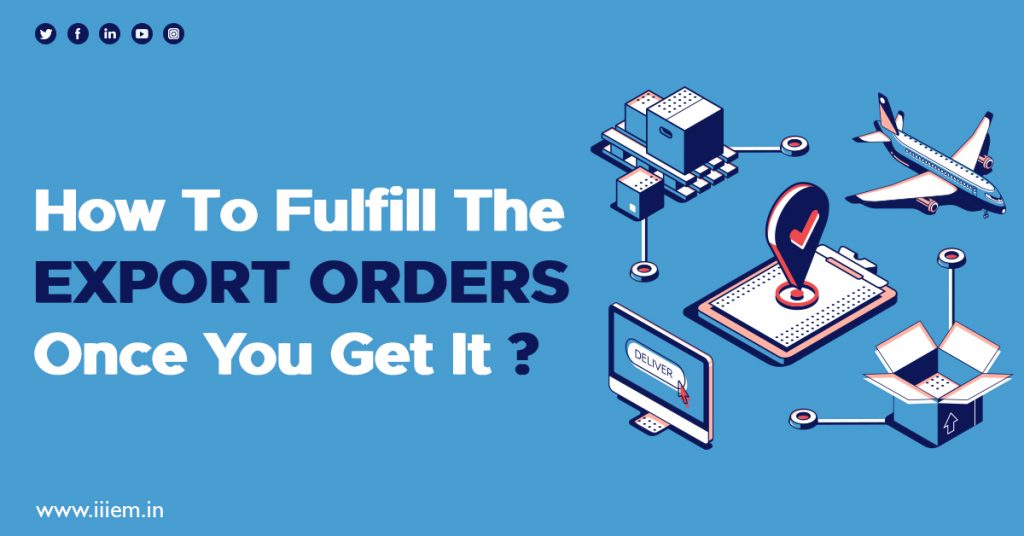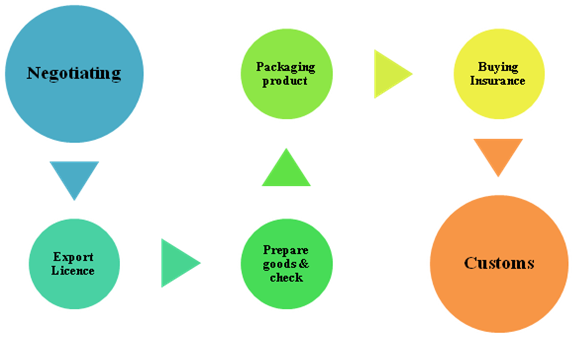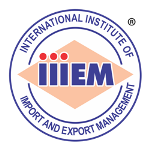
Research is crucial to any success in import-export business, and it is important not to neglect this phase.
In reality, an export exercise gets concluded successfully only after the exporter has been able to deliver the consignment in accordance with the export contract and receive payment for the goods.
The fact is that one does not need only to be very well informed about his/her export company, his/her products, his/her suppliers, his/her export chain, his/her market, the world market, but one also needs to know the export rules and terms, the different cultures that one targets and the final customers’ needs.
If you are new to this industry and want to know how to start an export-import business, then you should get connected to a well-known institute who provides good knowledge.
Processing and fulfilling export orders –

Below are important activities you need to deal with, once you get your export order –
- Negotiating
A very important skill is to negotiate before closing the export order.
It is a key to persuade the other side to accept your proposal. The planning of negotiation process plays a vital role in making a successful negotiation. There are three basic forms of negotiation, namely,
- Negotiation by mail which is less stressful and suitable for the new exporters
- Telephone negotiation
- Negotiation by direct meeting
2. Apply for an export license
It is very important to have an export license before you actually export. If exported goods go through many border gates, the agency will issue foreign trade a tracking card.
- Prepare and Check the export goods –
While preparing the export goods it is necessary to pay attention to the quality of the goods in order to meet the required standards of the importing country. If you do not provide the quality customer expects, then custom can reject your products.
- Packaging products and marking them –
Details such as name of goods, country of manufacture, net weight, tare weight, shipping instructions should be mentioned perfectly on the product.
This is an important step in the process of preparing goods, because the goods need to be packed so, that the package is suitable for the mode of transport. Proper marking, labeling and packing help quick and safe transportation of goods.
- Buy shipment insurance –
There is always a risk associated while shipping the goods and thus the purchase of insurance for export goods is the best way to ensure the safety of exported goods during transportation.
The insurance amount would depend on the value of your goods. Generally, the insurance fee is small say 0.5 percent to 2 percent of the total value of the goods.
- Customs procedure –
As soon as goods have been manufactured/ procured, the process for obtaining clearance from central excise duty starts.
For a new exporter, customs documentation and procedures are not that easy. It is advisable to use a professional custom agents. Having received the documents from the export department, the clearing and forwarding agent takes delivery of the cargo from the importing port/ place and stores it in the warehouse.
The custom department grants permission for export at the office of the customs and physical verification of goods in the shipment shed. The clearance for export is given on the Shipping Bill.
